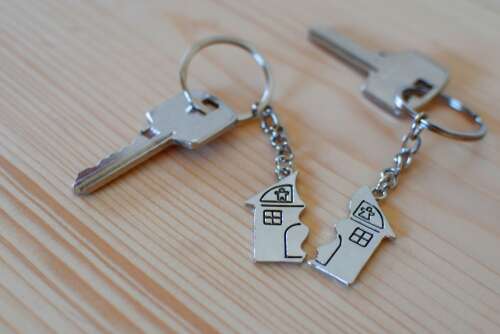How do I get rid of my spending habit?
- Plan your spending
- Recognize what drives your spending.
- Just take out the money you actually need.
- Think first before buying
- Set saving goals
- Get financial advice.
We’re all guilty of overspending occasionally, whether it’s because we found a great deal or just feel like we deserve a treat. Medway House Buyers has looked into some helpful suggestions to assist you to reduce spending because we know how challenging this can be, especially if you’re trying to save up!
Need to sell your house fast? – Get an instant cash offer for your home!
We all have our justifications for making unneeded purchases; you’ve probably used one of these to get something you didn’t really need in the past;
- “But I deserve it because I’ve worked hard for it.”
- “But if I wear the same shoes as Messi’s, I’ll play better.”
- “I can have one treat since I’ve saved so much money this month.”
What is the greatest method to stop bad spending habits, stop making excuses, and take control of your finances?
1. Plan your spending
Making a spending plan is a smart method to make sure you don’t overspend, whether you’re prone to making expensive impulse purchases occasionally or often spending considerably more than you intended on eating out. This enables you to view your income and your essential outgoings so that you may manage your money more prudently and make sure you’re creating an adequate budget for your needs. You will need to in order to:
- Determine your income:
include money earned from wages, benefits, and any other support you may have. - Make a list of your expenses:
monthly outgoings such as your mortgage or rent, utility bills, council tax, phone bills, food, travel costs, or childcare. - Compare your income and expenses:
Look at the essentials that you need to spend each month, and what you’ve got left over. This will be called your disposable income and is where you’ll be able to start looking at saving money. - Set goals and implement changes
You can list what you need to cut back on to save money by not buying non-essential items, like cigarettes, alcohol, or clothes.
2. Recognize what drives your spending.
You may cut back on spending by being aware of what makes you indulge and when you do it most frequently. If you can pinpoint when you spend, you can seek for time management strategies to cut back on how much or how often you spend.

It’s a good idea to first question yourself, “Do I truly need this, or am I just wanting it?” before making a purchase. To become more conscious of when you spend, think about maintaining a record of your spending triggers. Making a budget for yourself and following it is a fantastic approach to keeping your spending in check. You can only spend up to your monthly budget, which will prompt you to consider whether you really need the money or whether there are other, more prudent uses for it.
3. Just take out the money you actually need.
Try leaving your bank or credit cards at home when you go out. Just take what you need after setting a budget for yourself. Instead of creating a budget and then failing to stick to it when shopping for vacation attire, only bring £250 with you. This places a limit on how much you may spend and forces you to make the most of the money you have on hand.
4. Think first before buying
You are in your neighborhood grocery, your cart is loaded, and you are prepared to proceed to the checkout counters. It’s a good idea to review each item you’re about to purchase before you head to the register. Do you really want this, or are you just asking for it? The two-for-one milk offer won’t be considered as saving if you ended up throwing one carton away since you bought a few impulse purchases during your shopping trip. In that case, put those extra goods back. You can do this to save money and stay on budget.
5. Set savings goals
Planning your expenditures can also assist you in accumulating funds for that something special, such as a new automobile or perhaps a family vacation. Maybe you’re putting money aside for a trip to the United States. When creating your spending plan, think about allocating a specific sum of money each month that you can use for it. Additionally, it is worthwhile to register a savings account where you can keep your money. Also, you may keep pictures of your travel goals/bucket list. This will serve as a reminder of the vacation and an encouragement to continue setting money down for it. When you have enough money saved to accomplish your goal, you will experience a priceless feeling.

6. Getting financial advice
You can stay within your spending limitations and stay on top of your finances by setting up a planner, being rigorous with your money and purchases, and setting goals for yourself. More importantly, it might be able to keep you from piling up debt.

Making our lives routine and uninteresting is never the goal of saving money. It’s like discovering less expensive ways to enjoy life by being a little more methodical. Make preparations at home for any parties you have planned. Make an effort to prepare food and invitations at home. Therefore, if you feel the need to save money, you will discover strategies to do it.






